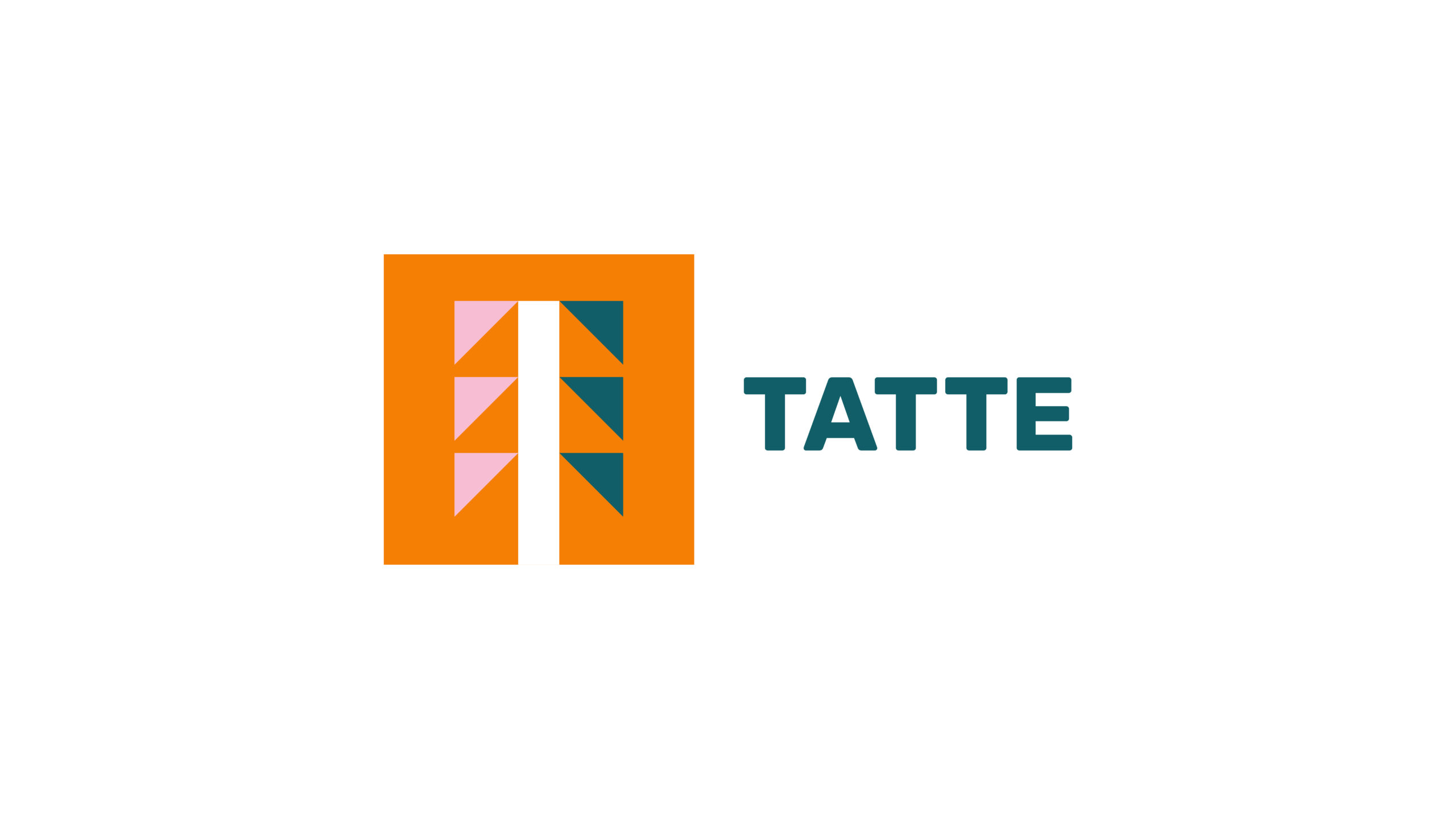Back to campus
In her speech in Tatte’s May Day celebration April 29th, 2022 Academy of Finland Research Fellow Dr. Virve Peteri talked about the many conflicting thoughts and emotions that have gripped many in the university community. The all-too-often referred “new normal” is not that normal, after all.
As is fitting for a May Day speech, it focused on the rigours of academic labour. Many have noted the absence of important and close colleagues at the wake of the collaboration negotiations last year. Many skilled colleagues, who have carried the weight of the university, are no longer here. Many of those who are left find themselves working without adequate support, to the point of exhaustion. Supporting admin tasks increasingly fall on research and teaching staff.
The university has become unfortunately blind to the real value and importance of what could be described as organizational housework, which entails helping others and supporting the working community in countless, often invisible ways. Invisible, it certainly seems, to the upper ranks of the university management. Their true meaning to the working community is often realised only once they’re no longer there.
The so called “new normal” appears as nothing more than a rhetorical slight-of-hand to try to convince the university community that we have irrevocably entered a new time, which requires new kind of academic work, and thus also new kinds of working spaces. Under the auspices of the “new normal”, we are “offered the opportunity” for hybrid work, as if academic freedom hadn’t included it before. Instead, what this new rhetoric tries to do, is reframe the loss of peaceful working spaces and conditions as a new kind of freedom at work.
Open-plan offices are proffered up as new innovations, which allows for more engagement within the working community. It feels unreal how persistently this is framed as campus development, when both studies and experience show that they are detrimental for thinking work, which requires concentration. What little savings in spaces these plans manager to scrape together are miniscule compared to losses of productivity, not least to sick leave.
Voluntary remote work can at best facilitate independent and flexible work. It can also increase work commitment. While many have found work at home productive and feasible, many also acutely experience a loss of community at work. Especially early-career researchers are at risk of being cut off from their academic community.
This is a question of getting to choose: many academic workers can reliably and productively work from home or from the office, whatever their needs happen to be.
An office may appear as privilege, and indeed it is, but it is a privilege on par with academic work. Academics are under increasing pressures to perform. Surely, we have earned working spaces that are conducive for us to meeting the goals set for us.
The university is not just another job, another office, another place. Karin van Marle has referred to universities as places of conscience, where the critical memory of society is being maintained and reproduced. For this end, the university, including its material spaces, must be diligently maintained. If the university’s spaces are reduced to little else than a reproduction of consultancy aesthetics and an extension of markets, there is no more spaces, as Hannah Arendt said, for freedom to manifest.
The university matters. And we matter.
